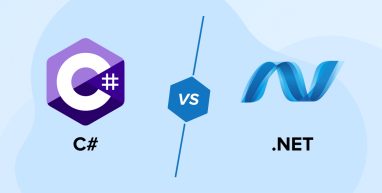
In the software development ecosystem, C# and .NET are among the most popular and widely used technologies. Each of them has its functions, approaches, and purposes. C# is a modern, multi-paradigm programming language by Microsoft. Microsoft also came up with the .NET framework that developers use to build applications. When it comes to creating a web application or a desktop application, C# and .NET are the two listed technologies in every developer’s mind. But which to choose for the project is a bit confusing. Therefore, the developers from any .NET app development company must be aware of the differences between C# vs .NET.
In this blog, we will understand both C# and .NET This will help you make the right choice for your next project.
1. What is C#?
C# is a popular open-source, general-purpose, and object-oriented programming language that is used by developers for developing applications. It was developed by Microsoft in 2000 and it runs on the .NET Framework. Besides, it is a language that has been certified as a standard by both ISO and ECMA. One of the main objectives of using the C# programming language is that it enables data access and services all across the web services.
Besides this, C# is one of the programming languages that enable developers to create secure, robust, and portable applications easily. Some of the major types of applications that can be developed using this language include- Windows and web-based applications, database applications, and distributed applications.

1.1 Features of C#
Here are the features of C#.
- Simplicity: Learning and writing clean, understandable C# is simple because of its simple syntax and extensive set of language features.
- Automatic Scalable and Updateable: It is a programming language with automated updates and scalable capability. We can delete the older files and replace them with the most current versions.
- Type Safe: Only the memory region for which C# type safe codes have authorization to operate can be accessed. This increases the program’s security.
- Consistency: Its single-type system helps developers expand the type system efficiently and conveniently, ensuring consistent behavior.
1.2 What is C# Used For?
C# finds great usage in many different fields and application styles, including:
- Windows Forms or WPF allows one to construct Windows applications.
- ASP.NET-based web development with ASP.NET Core.
- Unity is a well-known game engine that supports C# scripting, so game creation using it
- IoT (Internet of Things) development using Azure IoT frameworks and Net Core.
1.3 Pros of C#
Some of the major advantages of C# are –
1. Integration with Windows
The C# programming language integrates seamlessly with Windows, requiring no special configuration to run a C# program in this environment. Besides this, it is a programming language that enables the creation of a wide range of applications, from web applications to desktop apps.
2. Compiled Language
C# is a popular compiled language. This means it can store the code on the server in a binary format. Because of this, the hackers don’t automatically get access to the app’s source code as it is in binary format. This means that, unlike any other programming language, C# can keep the source code safe from hackers and secure the database details.
3. Additional App Developers can be Easily Found
When it comes to finding developers to create an application for the business, it is much easier to find experts who are working on the C# language whether it’s full-time or on a contract basis. The reason behind this is that C# is a very popular and common language that programmers can learn easily. This is why businesses try to find C# developers to create applications for the growth of their business. C# is closely related to Java, therefore, developers can work on both of these technologies at the same time.
1.4 Cons of C#
Some of the major disadvantages of using C# language are –
1. Compiled Code
Compiled code can be very beneficial, but it comes with some disadvantages as the code must be compiled every time a developer makes some minor changes. This means that every time a single change is made in the code, the user recompiles the entire application and then deploys it again. This process leads to a lot of bugs if the change is not tested perfectly.
2. Microsoft Stopped Supporting .NET
After a few OS upgrades, Microsoft has stopped supporting some of the older .NET frameworks. As C# is a part of the .NET framework, applications running on Windows servers are affected. Nowadays, many companies are working with Linux servers as it is much faster and cheaper. Therefore, in this case, one requires Windows hosting to run a .NET app which is a time-consuming process.
2. What is .NET?
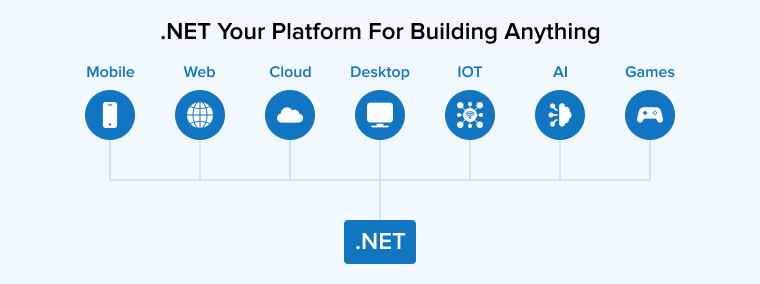
.NET is a popular object-oriented programming language that is very easy to understand and work with. It is an open-source developer platform developed by Microsoft in 2002. .NET is known as a successor of Visual Basic 6 (VB6) programming language, that implements the .NET Framework. .NET enables the developers to create multi-platform applications which means that the apps created using this programming language are not restricted to run on only the Windows operating system. Instead, these apps can also be executed on other operating systems like macOS and Linux.
.NET is a framework that is used by .NET developers to create secure, high-performance, robust, and easy-to-understand applications. Some examples of the .NET applications are- Mobile applications, Console Applications, Windows forms applications, websites, and the Windows control library.
.NET employs a single implementation inheritance architecture and includes a large class library known as the Framework Class Library (FCL). Please find below a few components of .NET framework:
- .NET application framework library
- Common Language Runtime
- .NET AJAX
- Common Type System
- .NET
- Windows Forms
- Windows workflow foundation
- Windows presentation foundation
- Windows communication foundation
2.1 Features Of .NET
Here are the features of .NET.
- Common Executive Environment: All .NET programs run under the common language runtime (CLR) and common execution environment. It runs the code and provides support for various development-related procedures.
- Portability: Using the cross-platform .NET Core runtime, you can create .NET apps that run on Windows, macOS, and Linux.
- Framework Class Library: The Framework Class Library (FCL), an extensive library available across all .NET languages, defines .NET fundamentally. From database interactions to file I/O, image editing, and XML/JSON processing, the Base Class Library (BCL) inside .NET provides a wide range of classes capturing many functionalities essential for application development.
- Security: Without the need for a separate security mechanism, .NET lets codes execute in several degrees of security.
2.2 What is .NET Used For?
A range of apps is developed using .NET including:
- Desktop programs use Windows Forms or Windows Presentation Foundation (WPF).
- ASP.NET and ASP.NET Core especially for web apps.
- Xamarin is a framework developed on top of Net enabling cross-platform mobile apps utilizing mobile applications.
- ASP.NET Web API or ASP.NET Core Web API particularly for backend services and APIs.
2.3 Pros of .NET
Some of the major advantages of .NET are –
1. Object-Oriented Software Development Mode
.NET is an object-oriented programming language used for building applications by breaking down software development ideas into smaller pieces. This method also helps one to compartmentalize data into objects and allows the use of classes to specify the content and behavior of the objects. With an object-oriented programming structure, developers can easily interact with objects without any need to manage their internal attributes. This helps in simplifying the programming in the long run as it makes the code easier to test.
Using the OOP model in .NET development enables smooth development processes and reduces excessive coding which helps in making things more streamlined for developers. This also saves a lot of app development time and cost.
2. Simplified Maintenance and Flexible Deployment
With .NET development, developers benefit from flexible deployment options. It is very easy to install as a part of an application or a separate installation. The .NET framework platform comes with a modular design that includes all of the required dependencies which makes the app deployment a very simple process. Besides this, .NET core versions allow the developers to work on different projects while the deployment of one project is carried out and the reason behind it is that the core versions keep running on the same computer at the same time.
3. Cross-Platform Design
.NET allows developers to write code that runs on multiple platforms like Linux, Windows, and macOS. Initially, the .NET framework wasn’t completely open, so it didn’t allow such cross-compatibility. However, with the introduction of .NET Core, which is completely open-source and cross-platform, this compatibility has improved significantly. This means that from C# to Visual Basic, every code written in .NET will run on every operating system.
2.4 Cons of .NET
Some of the major disadvantages of using .NET language are –
Memory Leaks
We get lots of reports of “memory leaks” while running .NET applications in server GC mode. This mode is the default mode in https://t.co/4PmXMQN7SX Core applications. #dotnet
— hachyderm.io/@davidfowl (@davidfowl) August 13, 2022
The problem with the web application development framework is that it doesn’t always release the memory that it no longer requires. This is particularly true for .NET. The developers working on .NET have to invest some extra time for proper resource management.
Cost of Licensing
Though .NET is open-source, it is a very expensive technology to use. The Visual Studio IDE, the quality assurance services, and collaboration tools that are required while developing .NET applications quickly increase project costs. .NET core can be used on Linux and Mac devices but when it comes to Windows for .NET, there are some additional licensing costs that tags along.
3. Main Difference between C# vs .NET
Here are the main differences between C# and .NET –

3.1 Scope
All-inclusive software development platform .NET includes a runtime, development tools, and a vast library collection. Conversely, C#, sometimes known as C Sharp, is just a programming language employed by the .NET framework and developed for apps.
3.2 Implementation
When it comes to implementation, there is a significant difference between C# vs . NET. The implementation process with C#’s basic interface is very simple as it is carried out through the same structure or class defined by the functionality of methods, indices, properties, and events.
On the other hand,.NET uses an inheritance model. This means that there is a single implementation approach with .NET. Therefore, a single class can implement various user interfaces in the basic structure portfolio.
3.3 Architecture
When it comes to C#, its basic architecture is on a .NET platform. Its programs are present on a set of class libraries and a virtual execution system. This system is also called CLR (Common Language Runtime).
.NET is a programming model that offers managed performance development, environment, and deployment in the simplest way. In this case, the integration process with various coding languages becomes easy. Besides this, the .NET framework architecture is based on a few components like CLI (Common Language Infrastructure), CLS (Common Language Specification), FCL (.NET Framework Class Library), CTS (Common Type Specification), and CLR (Common Language Runtime).
3.4 Usage
C# uses Microsoft-implemented products and like any other general-purpose programming language, C# can create various apps and programs like cloud-based services, desktop apps, mobile apps, and more.
On the other hand .NET, a Microsoft creation, is used for developing Windows-based applications, form-based applications, and web services for businesses. It comes with a variety of programming languages that enable the creation of complex apps.
3.5 Support
When it comes to support from the community, both C# and .NET are Microsoft creations. This means that both these technologies have vast MSDN community support. Besides this, they are both open-source, which means the community of developers increases with each passing day and they offer testing methods and updates for their features. Both these technologies come with great community support which helps newbies to get used to both C# programming language and the .NET framework within no time.
4. Conclusion
As seen in this blog, C# is a programming language and .NET is an app development platform. Both of these technologies can be used for creating robust applications. However, the choice between them must be made as per the project’s type, implementation, definition, usage, and other factors. The developers must identify the pros and cons of using C# and .NET languages on that particular project before making the right choice. By doing so, choosing any of these two technologies will help the developer reach the project goals.
FAQs
Is C# and .NET the same?
No, they are not the same. Although they are distinct concepts, it’s easy to confuse them because of how deeply intertwined the .NET framework is with Microsoft’s implementation of C#. C# refers to both the programming language and the infrastructure and runtime that allow C# applications to be created and executed.
Do I need .NET to run C#?
Similar to how Java requires the JVM, C# also requires the Microsoft Common Language Runtime (CLR). Therefore, you need to install the .NET runtime and the .NET Sdks anywhere you are installing or developing applications.
Does .NET only use C#?
Though Visual Basic and F# are both viable options for .NET programming, a.NET platform is necessary for C# implementation.


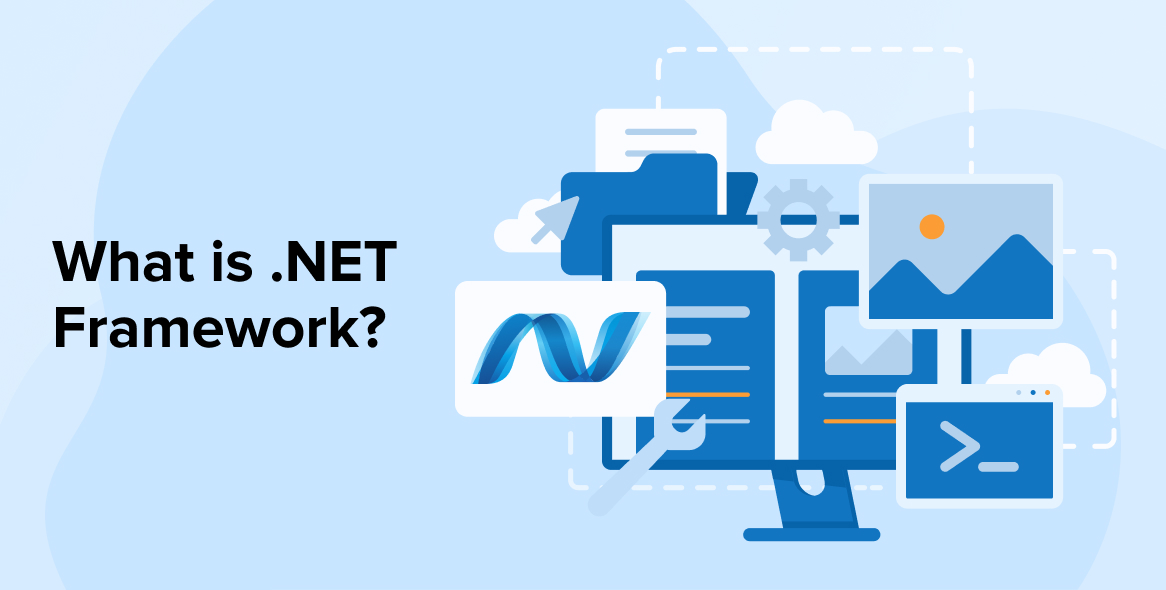
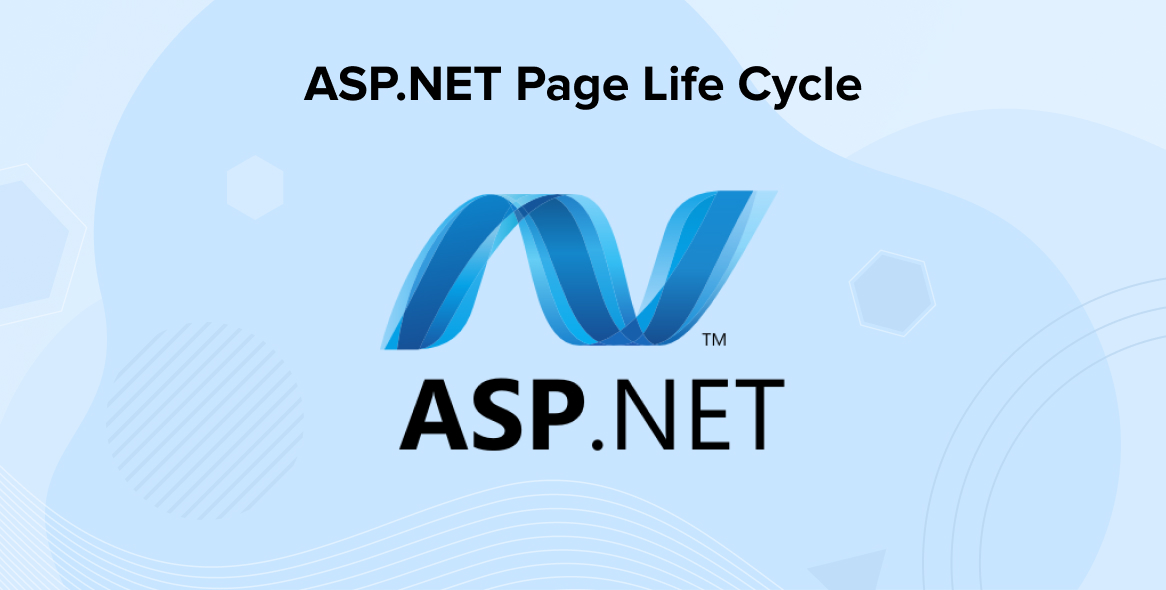
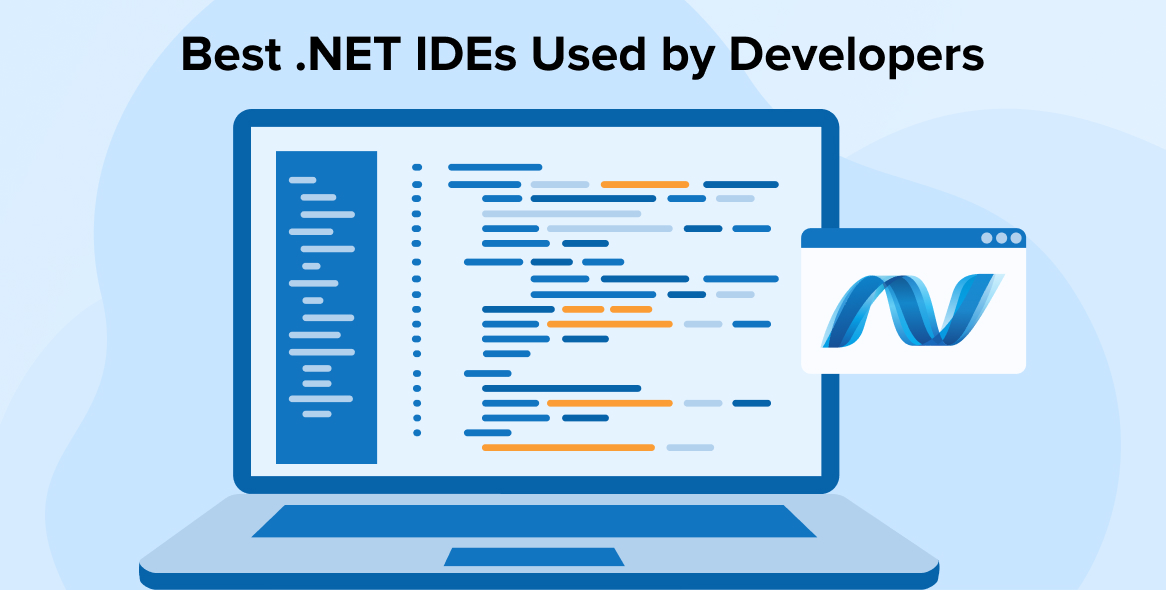

Comments
Leave a message...